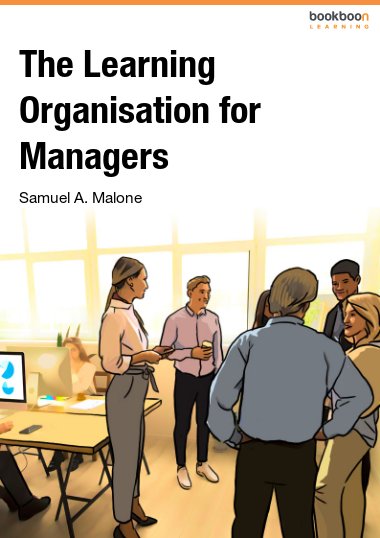The learning organisation (LO) is often seen as an aspiration rather than a practical proposition. Everybody wants to become one, but few know how to go do it. There are no precise principles to use as a guide to become a LO, as each organisation is unique. However, there are a few things you can do to progress to a LO such as team-based structures, participative management style, lifelong learning and continuous improvement, action learning and knowledge management (KM). The main reason for the LO is that organisations must learn faster than their competitors to survive.
About the Author
Samuel A Malone is a self-employed training consultant, lecturer and author. He is the author of 21 books published in Ireland, the UK and abroad on learning, personal development, study skills and business management. Some of his books have gone into foreign translations and second editions. He has an M.Ed. with distinction (in training and development) from the University of Sheffield and is a qualified Chartered Management Accountant (ACMA), Chartered Global Management Accountant (CGMA) and a Chartered Secretary (ACIS). He is a fellow of the Irish Institute of Training and Development (FIITD).

